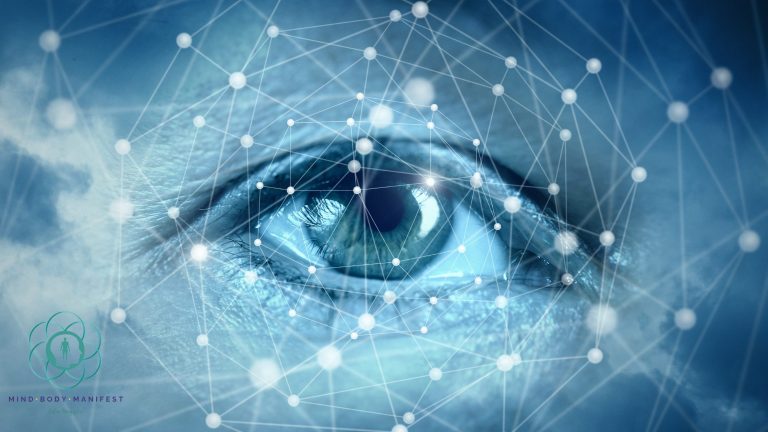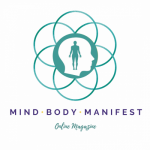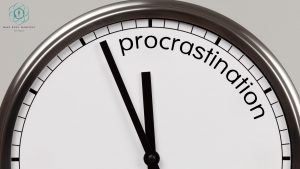
What is EMDR and how can it help?
Many of us have difficulties with our mood, our emotions, our mental health, being able to function at our best and EMDR is a psychological therapy that can help people live a better life in the here and now. EMDR stands for Eye Movement Desensitisation and Reprocessing. It’s based on a theory that current difficulties with our mental health and often our performance are connected back to unprocessed trauma or overwhelming experiences that have happened to us throughout our life. It is as if we are living our life in the here and now but constantly get pulled back to the there and then.
What can this look like on a day to day basis?
You might find that you are overwhelmed by memories of past experiences, you think about them when you don’t want to, you struggle to get the memories out of your head.
You might have negative thoughts about yourself that are connected back to the past experiences. I often see people who have thoughts such as ‘I am not good enough’ ‘I am unsafe’ ‘I am vulnerable’. These thoughts can all have a big impact on our current functioning yet they are not completely connected to the here and now.
If you were bullied you might have developed a belief that there is something wrong with you, that you are unlikeable.
- If you were in an accident or had a sudden life change such as illness or job loss, you might become fearful of the world and think that bad things will happen. The struggles that we have today are not always completely about today!
All of these things can cause symptoms such as anxiety and depression and have a negative impact on our day to day functioning.
How do these past overwhelming experiences hold us back in the here and now?
As humans we have a drive towards healing both physically and psychologically. We know for example that if we get a cut, our body will do what it needs to heal that cut. How amazing is that? We don’t tell it to, we don’t pause and watch it doing it’s magic, it just does what it does.
If however that cut becomes infected, the infection will need to be treated before the body can do what it does to heal. To use this as an analogy, it’s as if past trauma or overwhelming experiences are an infection in the cut stopping us from naturally healing the wounds of what we have experienced. We need to process and work through that experience first to be able to allow the body to do it’s natural healing.
So EMDR aims to understand what are the traumatic or overwhelming memories that have caused an imbalance in the system and stopped psychological healing from naturally occurring. We then process through these experiences. To use the physical health analogy, treat the infection so that the body can do what it needs to do to heal itself.
How does EMDR work?
When we have identified the overwhelming experiences or trauma memories connected to the difficulties you are experiencing day by day we can then process them. I don’t want to oversimplify it but …. We activate the trauma memory by bringing it from the back of your mind (often where we tend to try and push those awful things that have happened to us) to get you to focus on it. We then use bilateral stimulation which is moving your awareness from the right and left side of your brain either by tapping one side then the other bilaterally, following a light with your eyes from side to side or listening to a sound such as a beep in a headset that alternates from side to side.
It is viewed in a number of different ways, it could be similar to the rapid eye movements we get during sleep. Did you know that when we sleep our eyes often move fast side to side as we dream and process to file away in our memory networks all the things that have happened to us during the day. I know I can definitely connect with the idea that sleep is reparative. We are also taxing the short term memory. The short term memory is like a loop that can only hold so much information and the information then needs to be filed away in it’s appropriate place. So taxing this whilst thinking of the trauma memory can lead to it being filed away more appropriately.
I first came across Eye Movement Desensitisation and Reprocessing (EMDR) in 2005. I was working for the NHS and a colleague had trained in it. She was finding it really helped her clients so I decided to train too and well, let’s just say it changed my clinical work forever! EMDR was developed by Francine Shapiro, a Clinical Psychologist in America in the late 1980s. Story goes that one day Francine was on a walk in the park and she had a disturbing experience on her mind. She found that as she walked at a brisk pace she was struggling to keep hold of the image and feelings about the disturbing experience. Intrigued by this and trained as a scientist she researched what the factors may be that had led to this and EMDR was born, initially as a trauma therapy but is now used with a number of different presenting problems.
Since then EMDR has continued to develop and is an evidence based psychological therapy recommended for several mental health difficulties. Basically if things from your past are impacting on your current functioning then EMDR is likely to be helpful.
EMDR for performance enhancement
EMDR has evolved as a psychological therapy and is often now widely used within a coaching framework. We know that as human beings we often have anxiety around how we perform, how we function, how we live our lives to the best of our ability. Somehow we often find ourselves held back and know that we are not performing at our best. We might not take opportunities that arise: we won’t go on that podcast, attend that interview, apply for that job, perform that speech, post that social media post etc etc.
Coaching with EMDR can help you identify the blocks that might be holding you back. These blocks can be worked through so that they are turned more into a stepping stone. EMDR can then help you work towards your goals and your vision for the future. Together we can work on imagining this vision of the future so that you can realise your potential and be your best.
Hi, my name is Dr Hannah Bryan and I am a Chartered Clinical Psychologist and a Europe Approved EMDR Consultant and Facilitator. I have used EMDR in my Clinical practice since 2006. I have been an EMDR Consultant since 2014 and since 2019 I have worked as an EMDR Facilitator helping clinicians to train in the model.
I worked as a Psychologist in the NHS for over 20 years, I now work in my Private Practice. I am extremely passionate about helping people who are not living life to the best of their ability due to unhelpful beliefs, experiences or memories that hold them back. I believe that we are capable of far more than we have ever believed is possible. I want us all to realise our potential and be our best. I provide psychological therapy and coaching with clients online. I also support clinicians training in EMDR therapy. I facilitate on the standard EMDR training in the UK. I provide EMDR supervision for clinicians and webinar series to help clinicians recharge their EMDR practice.
Contact Details
You can follow me on instagram @trauma_psychologist or on linked in: Dr Hannah Bryan, The EMDR Supervisor






